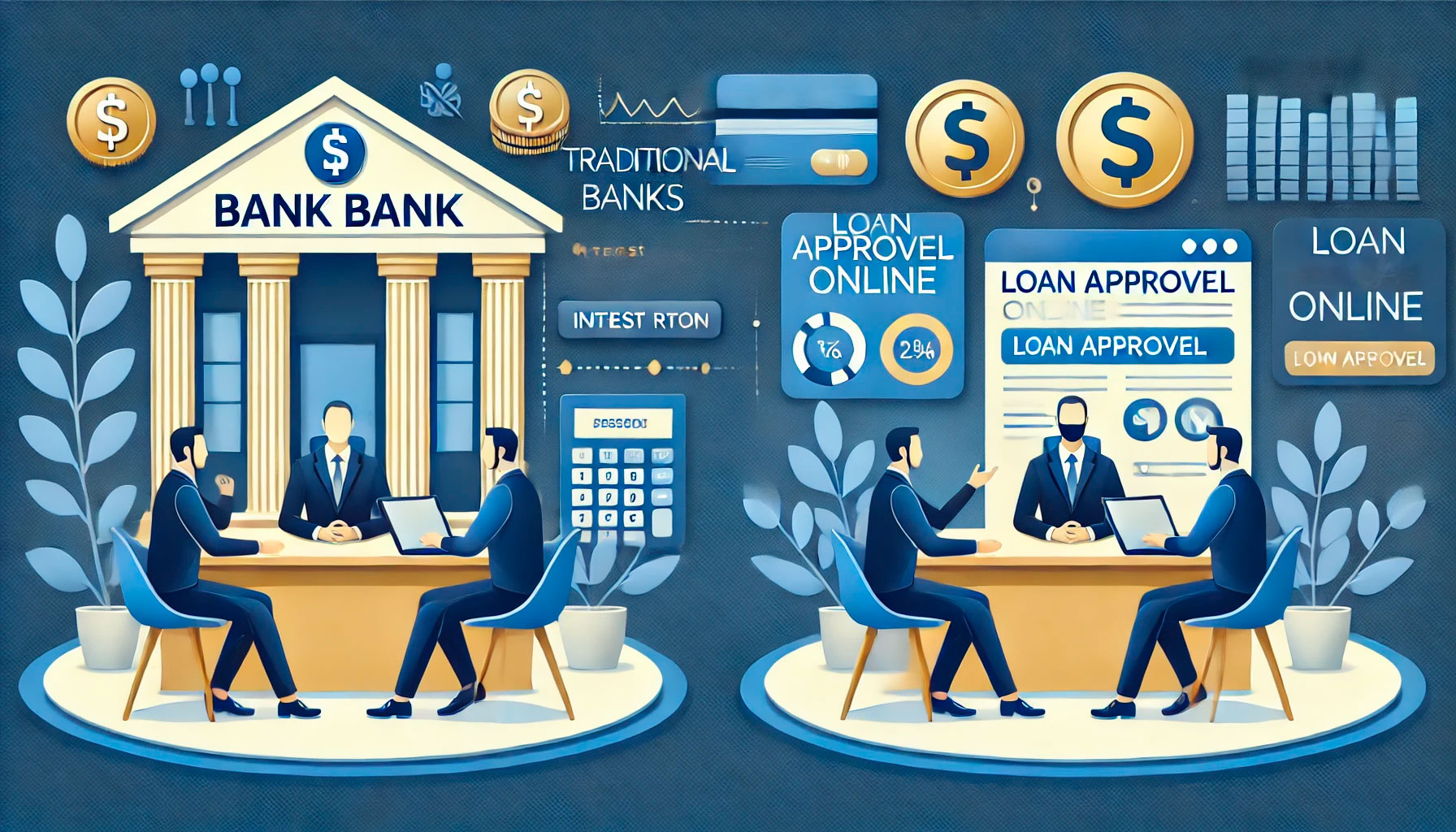Public sector employees, including government workers, teachers, healthcare professionals, and law enforcement officers, enjoy a variety of benefits that can make borrowing easier and more affordable. These benefits stem from the stability and security of public sector employment, which lenders view as less risky compared to private sector jobs. Because public sector employees often have consistent income, job security, and government-backed benefits, they are often offered more favorable loan terms. In this article, we will explore the loan benefits that public sector employees can take advantage of, including lower interest rates, flexible repayment terms, and specialized loan programs.
Job Security and Steady Income
One of the most significant advantages that public sector employees have when applying for loans is job security. Government positions are typically more stable than private sector jobs, as public sector employees are less likely to face layoffs or financial instability. This stability makes public sector workers an attractive prospect for lenders, who are more likely to offer favorable terms to individuals with secure and consistent income. Public sector employees can often expect lower interest rates and more flexible repayment schedules because lenders are confident that they will have the ability to meet their financial obligations.
Moreover, the steady income associated with public sector employment makes it easier for these workers to budget for loan repayments. Lenders appreciate borrowers with predictable and regular income streams, which reduces the likelihood of missed payments or default. As a result, public sector employees may find that they have more options when it comes to securing loans.
Lower Interest Rates
Public sector employees are often eligible for lower interest rates on loans compared to their private sector counterparts. Lenders typically consider government employees to be less risky because their jobs are considered stable and secure. As a result, banks and other lending institutions may offer special discounts or reduced rates to government workers, which can significantly reduce the overall cost of borrowing.
These lower rates can apply to various types of loans, including personal loans, mortgages, and auto loans. For example, public sector employees may find that they qualify for a mortgage at a lower interest rate than they would with a private lender, allowing them to save money over the life of the loan. This benefit is particularly valuable for long-term loans like mortgages, where even a small difference in interest rates can lead to substantial savings.

Specialized Loan Programs
In addition to more favorable interest rates, public sector employees may also have access to specialized loan programs that are not available to the general public. These programs are designed to cater specifically to the needs of government workers and often come with additional benefits. Some examples of specialized loan programs for public sector employees include:
Government-Backed Mortgages: Public sector employees may qualify for government-backed mortgage programs, such as those offered by the Federal Housing Administration (FHA), the Department of Veterans Affairs (VA), or the U.S. Department of Agriculture (USDA). These loans are often available with lower down payments, reduced interest rates, and more lenient credit requirements, making homeownership more accessible for public sector workers. VA loans, for example, offer eligible veterans and active-duty service members the opportunity to purchase a home with no down payment and no private mortgage insurance (PMI).
Public Service Loan Forgiveness (PSLF): For public sector employees who are repaying federal student loans, the Public Service Loan Forgiveness (PSLF) program offers a unique benefit. After making 120 qualifying monthly payments while working for a qualifying employer, public sector workers can have the remaining balance of their federal student loans forgiven. This program can provide significant financial relief for those who have large student loan balances, as it eliminates the need to repay the remaining loan amount after ten years of qualifying payments.
Teacher Loan Forgiveness: Teachers working in low-income schools may be eligible for the Teacher Loan Forgiveness program, which offers loan forgiveness of up to $17,500 for federal student loans. To qualify, teachers must work in qualifying schools for a set period, typically five years. This benefit is particularly valuable for educators who may have accumulated significant student loan debt while pursuing their teaching careers.
Flexible Repayment Terms
In addition to lower interest rates and specialized loan programs, public sector employees may also benefit from more flexible repayment terms. Lenders often offer longer repayment periods or more lenient payment structures to government workers due to their job stability and financial reliability. For example, some public sector employees may qualify for extended loan terms, allowing them to reduce their monthly payments and better manage their budgets.
Furthermore, some banks and credit unions offer flexible repayment options that allow public sector employees to adjust their payment schedules if necessary. If a borrower encounters financial difficulty, these programs may allow for temporary forbearance, deferred payments, or the ability to make smaller payments without accruing penalties. These flexible terms can provide peace of mind and help public sector employees maintain their financial stability throughout the life of their loan.
Lower Fees and Fewer Penalties
Public sector employees often benefit from lower fees and fewer penalties when taking out loans. For example, some banks offer fee waivers for loan applications or processing for government workers. These fees, which can add up quickly, are often eliminated or reduced for public sector employees, making it more affordable to secure a loan. Additionally, public sector employees may face fewer penalties for late payments or other issues, as some financial institutions prioritize these workers due to their job security and reliability.
Credit Union Benefits
Many public sector employees are eligible to join credit unions, which can provide additional benefits when applying for loans. Credit unions are member-owned financial institutions that often offer lower interest rates, reduced fees, and more personalized customer service compared to traditional banks. Public sector employees who belong to credit unions may have access to exclusive loan products and terms tailored to their needs, allowing them to save money and obtain more favorable loan conditions.
Public sector employees enjoy a variety of loan benefits that can make borrowing easier and more affordable. From lower interest rates to specialized loan programs like Public Service Loan Forgiveness and government-backed mortgages, these workers have access to unique financial products that are not available to everyone. In addition, the job stability and steady income associated with public sector employment make it easier for these workers to secure favorable loan terms and benefit from flexible repayment options. By taking advantage of these benefits, public sector employees can better manage their financial goals and achieve greater financial stability.




